Unlocking the full potential of Euro nymph and Tight-line nymphing techniques requires breaking free from the misconception that they're only suited for short-range fishing. Delve deeper into the art of casting farther, and you'll discover a realm of possibilities that can transform your fishing experience. Here are three compelling reasons why mastering the skill of casting farther is essential for most tight line anglers.
1. Expanding Your Fishing Horizon:
Casting farther isn't just about reaching distant targets; it's about enlarging your fishing area. By extending your casting range, you gain access to a broader swath of the river, increasing your chances of hooking that elusive catch. Whether it's targeting pockets beyond wading reach or covering more water in general, casting farther opens up a world of untapped fishing opportunities.
*Doubling your casting distance will quadruple your fishing area! Here’s the math:
Area=2πR2
(π is 3.14, R is your casting length)
2. Minimizing Fish Disturbance:
One of the perks of casting farther is its ability to avoid spooking fish during wading. By maintaining a safe distance and presenting your fly with precision from afar, you reduce the risk of alarming nearby fish. This stealthy approach ensures that your presence goes unnoticed, maximizing your chances of enticing bites and landing trophy fish.
3. Less Drag With Elevated ESN Fly Line:
Transitioning from traditional floating lines to European Style Nymphing (ESN) fly lines is a game-changer when casting farther. With its thin, ultra-light construction, ESN fly line allows for extended casts while keeping the line suspended above the water. By embracing this advanced ESN fly line and long light leaders, anglers can fish out to 40 feet or so while staying tight to their fly.
Unlocking the Secrets of Long-Distance Casting:
Mastering the art of casting farther with a tight line rig requires finesse and technique. Here are tips and strategies to enhance your long-distance casting skills when using light ESN fly line and long leaders:
1. Adjusting Weight Distribution:
Casting far requires good rod loading. The easiest way to better load the rod is by adding more weight. But tailor your rig's weight to match the water conditions. Increase weight with split shot or heavier flies for deeper, faster-flowing waters, while opting for lighter setups or bobbers in shallower, slower currents. This nuanced approach ensures optimal rod loading for achieving maximum casting distance.
*One heavy fly will sink faster than two smaller flies that have the same total weight.
2. Elevating ESN Line at Distance:
Capitalizing on the lightweight nature of ESN fly line, but elevate your rod tip higher to keep the line off the water's surface during long-distance casts. Be mindful of the line's shallower angle of entry causing flies to sink slower. Adjusting weight distribution becomes crucial for maintaining control and reaching the desired fishing depth.
3. Employing Effective Casting Techniques:
Fine-tune your casting mechanics to optimize rod loading and propel your fly to greater distances. When casting, remove line slack, utilize water loading, incorporate hauling techniques, and increase rod velocity to maximize casting efficiency and distance.
Conclusion:
Embrace the challenge of mastering long-distance casting. By expanding your fishing area, minimizing fish disturbance, and harnessing the power of advanced equipment and techniques, you'll elevate your tight line angling experience to new heights.
At Mavrk, we challenge conventional fishing norms. By breaking free from outdated tactics and exploring new horizons, anglers can unlock their full potential on the water. Join us on this journey of discovery as we redefine the art of tight line nymphing and share our insights with fellow fishing enthusiasts.
By Jeff Sasaki, Mavrk Fly Fishing

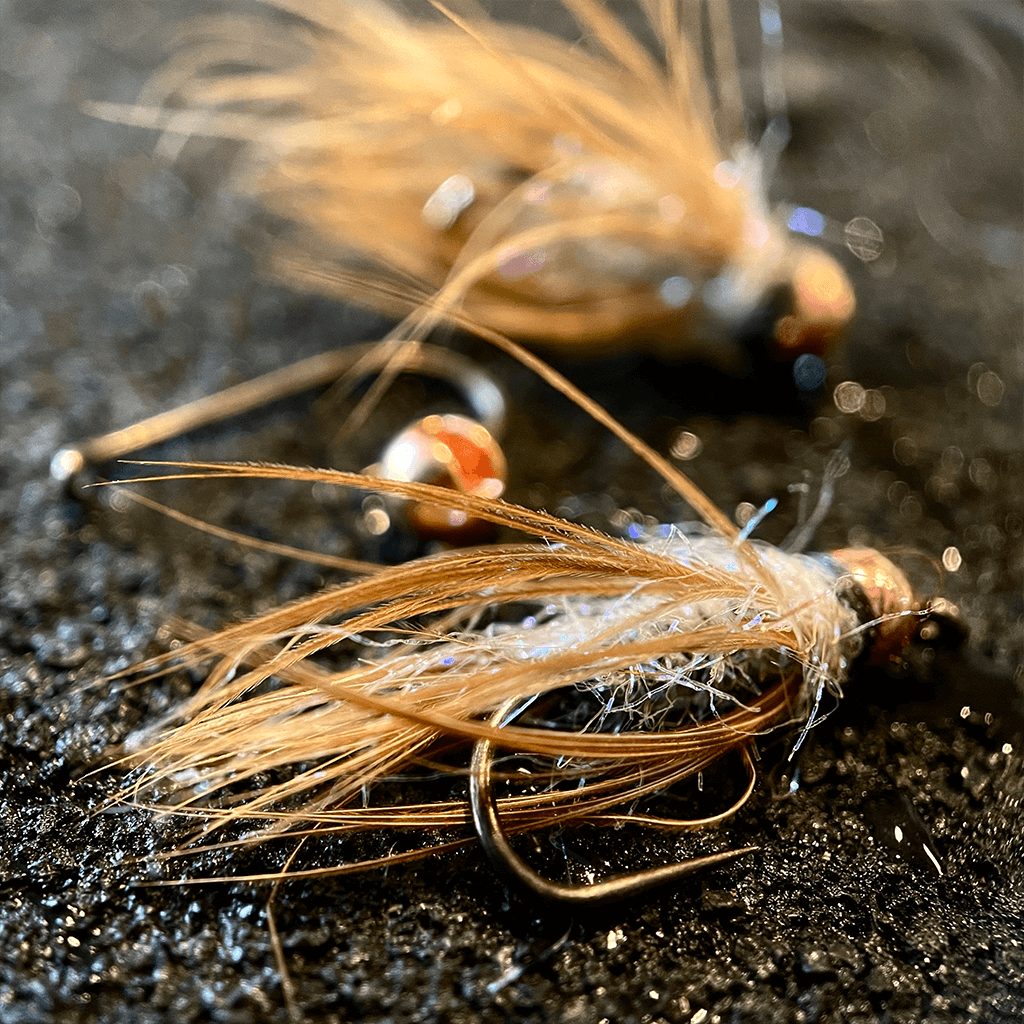
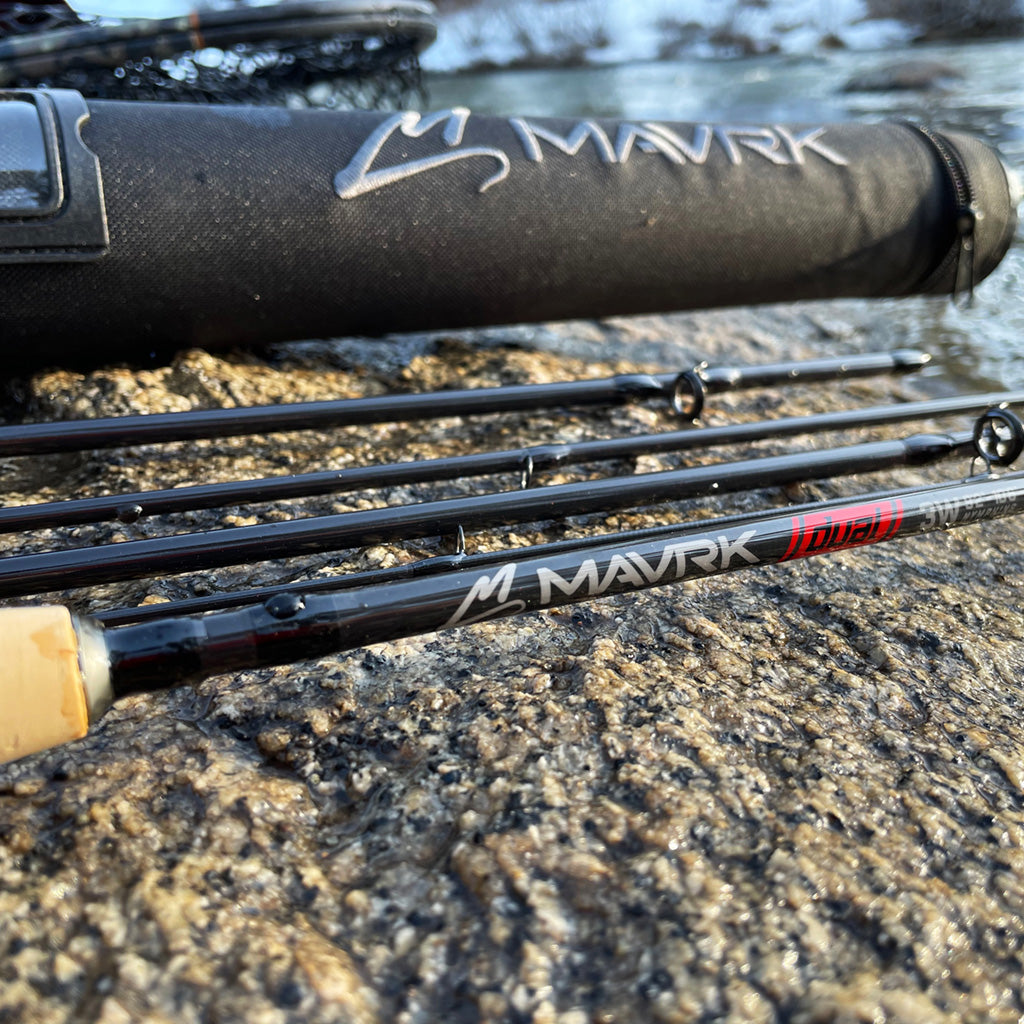
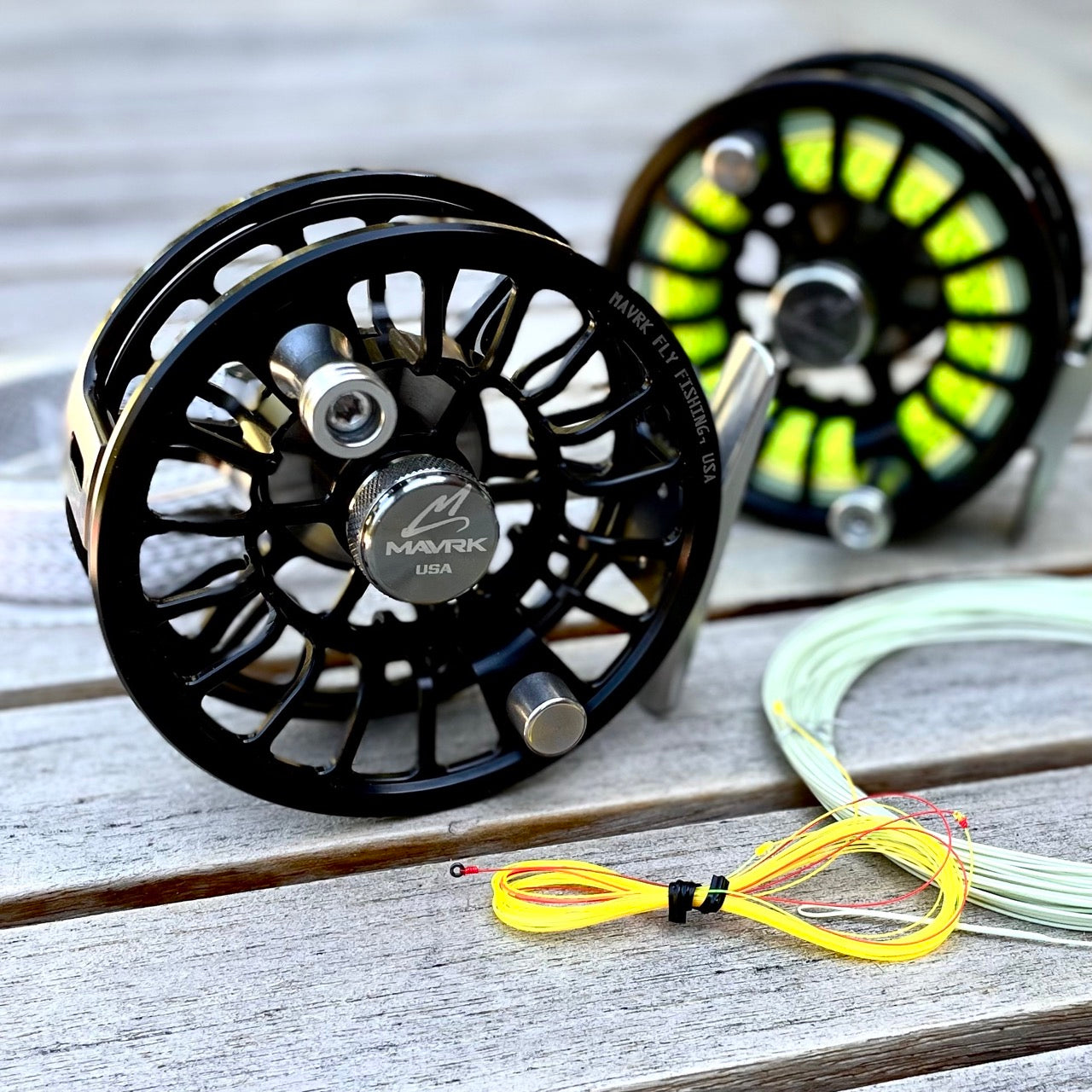
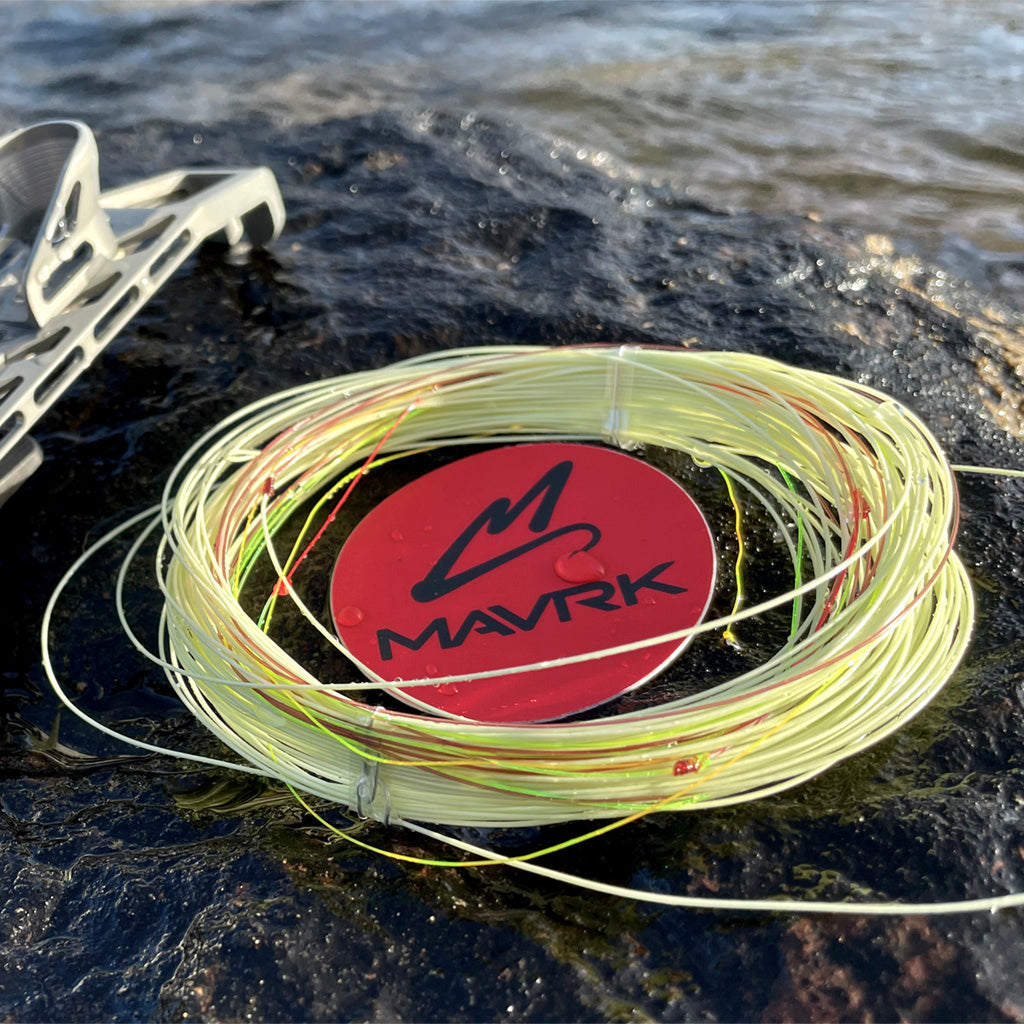
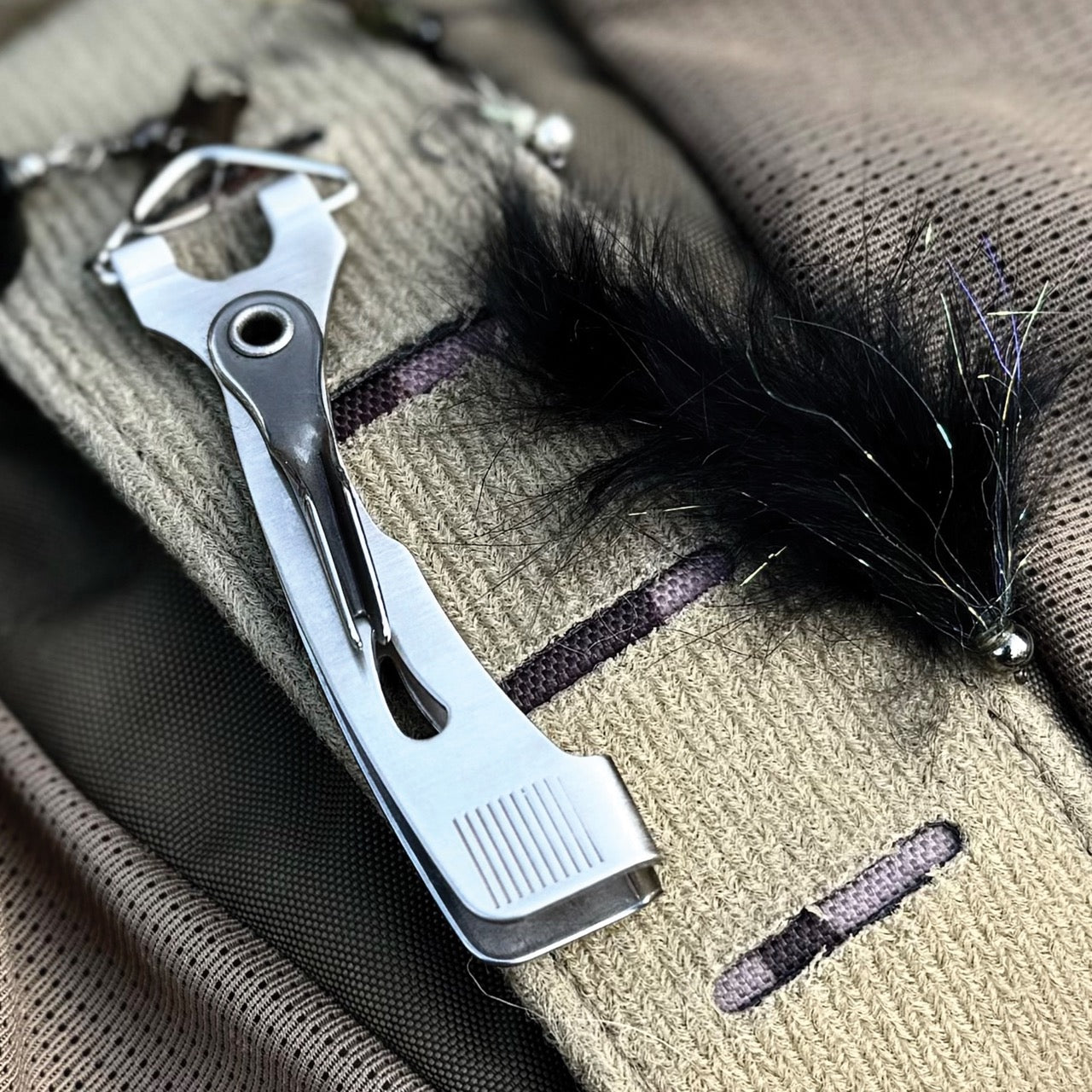
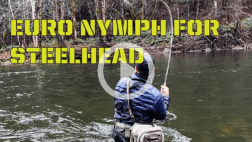
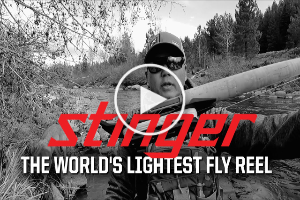
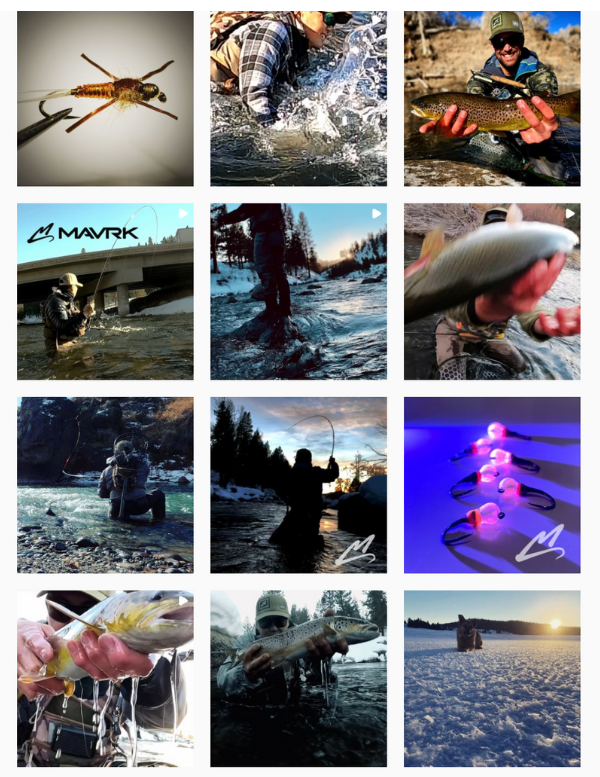
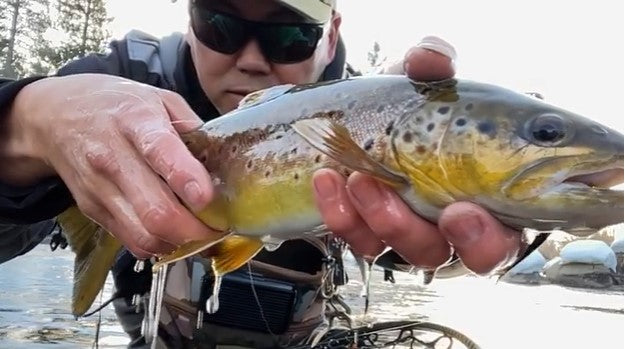
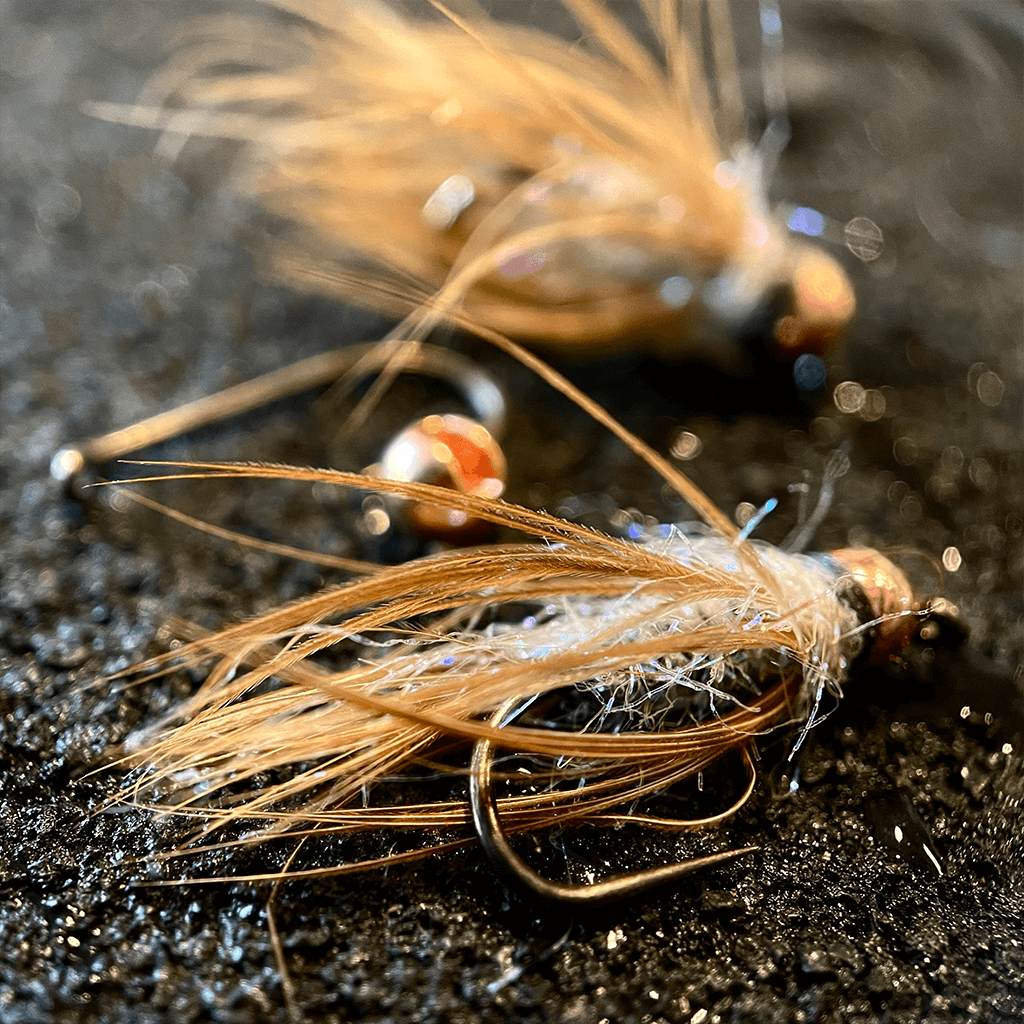


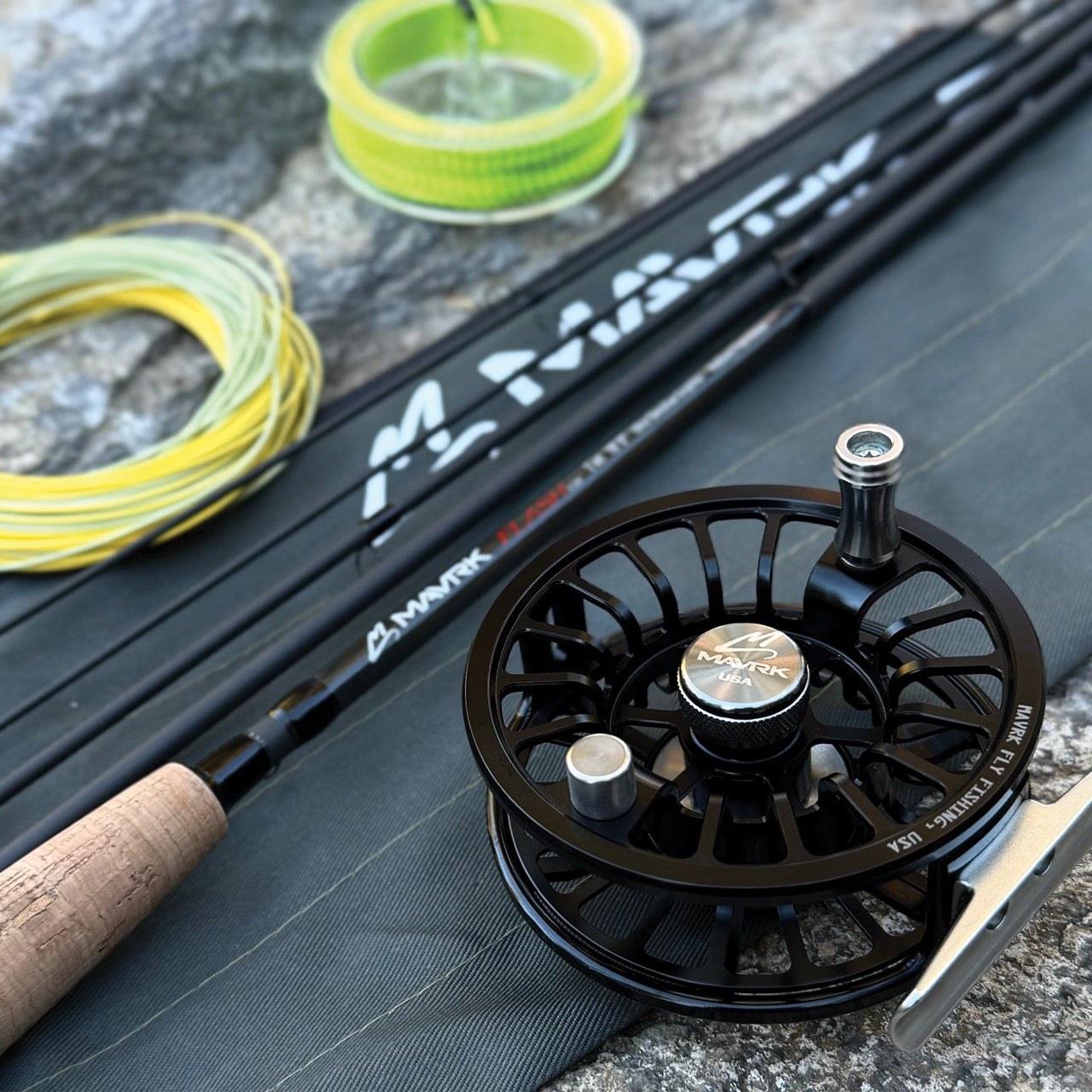

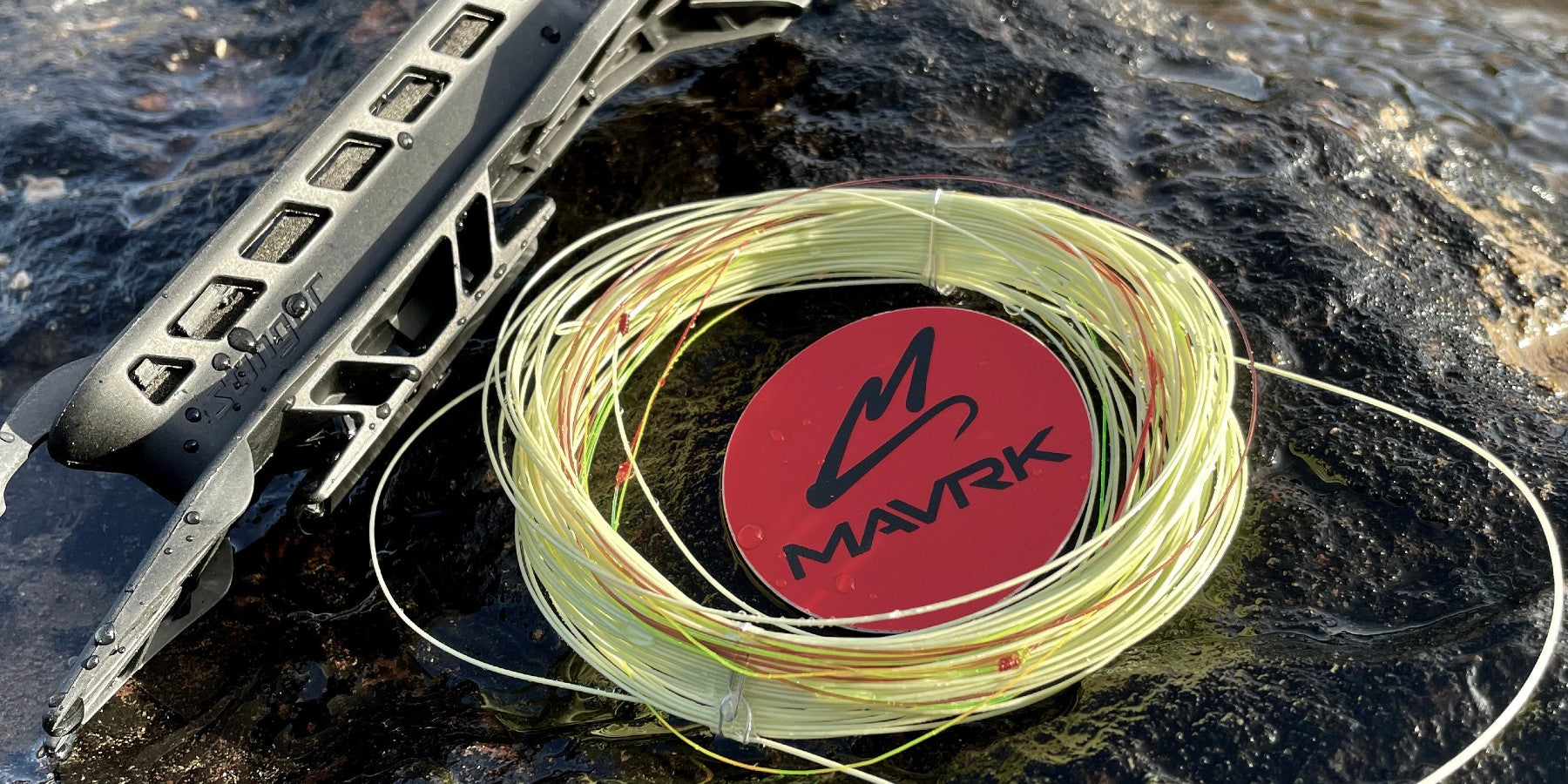

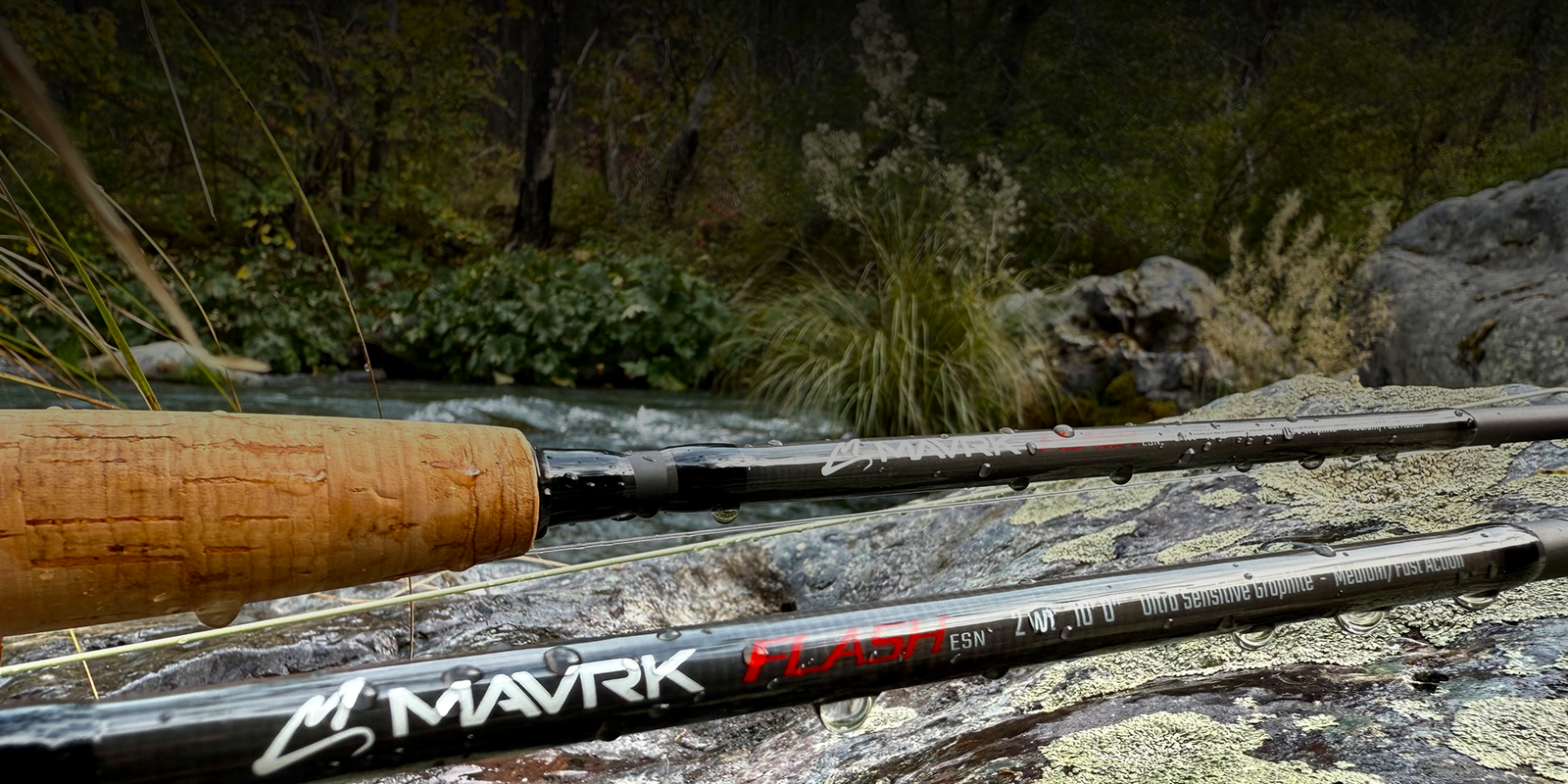

Leave a comment (all fields required)